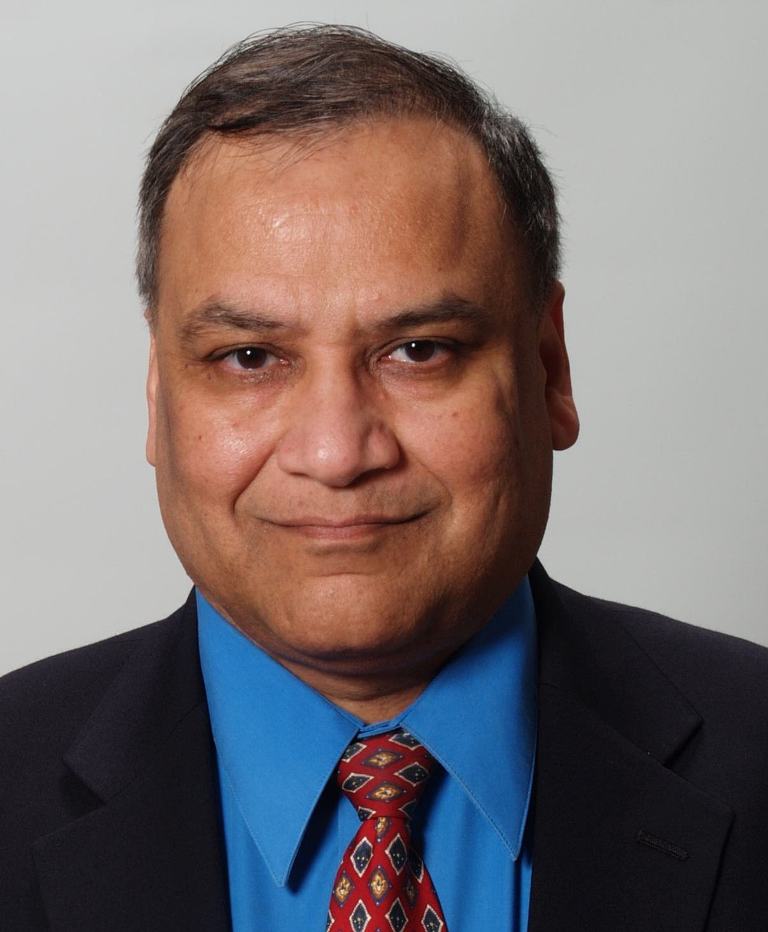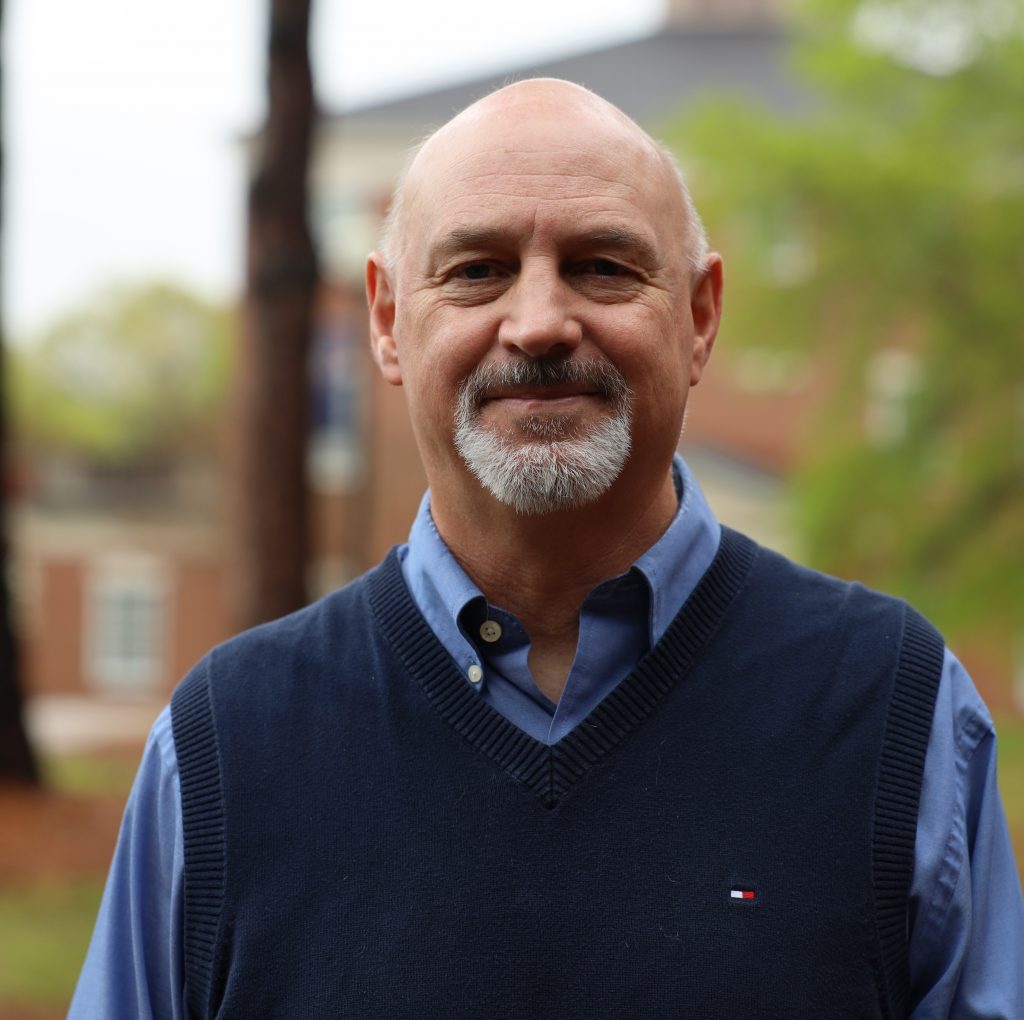Fulbright Chronicles, Volume 1, Number 2 (2022)
Author
Scott M. Roulier and Rahul M. Jindal
Abstract


Only a handful of Fulbright Scholars made it to India in January 2022, before the spread of the Omicron variant necessitated yet another postponement. Two of those happened to be based in Ahmedabad. This commentary describes how an informal support structure emerged and also explores how that relationship informed how each scholar—one, a first-time visitor, and the other, an expatriate—processed the social impact of an explosion of new urban infrastructure and political tensions.
Keywords
Fulbright-Nehru • India • Ahmedabad • COVID-19 • human rights
First Time Immersion in India: Scott
When I arrived in Delhi on January 5th, I opened my email and discovered that, because of the explosive outbreak of COVID-19-omicron cases, Fulbright was, once again, hitting the pause button on U.S. grantee arrivals to India. I was jet lagged and, to be perfectly honest, incredibly nervous that a representative of United States-India Educational Foundation (USIEF) was going to offer me a single cup of chai in the airport then load me onto the next flight back home. Since I was part of the 2020-21 cohort, I hope I can be forgiven for being thus triggered, given that my grant had already been postponed several times. Fortunately, having reached Indian soil, I was allowed to remain in-country. In all, I believe there were seven of us who slipped-in under the wire.
Serendipitously for me, one of those individuals was Rahul Jindal, a transplant surgeon and social entrepreneur from Maryland, who was set to embark on his second Fulbright in my host city, Ahmedabad. Rahul, it turns out, was no stranger to Ahmedabad; he grew up there, and his father had been Dean of its top medical school. As per standard Fulbright policy, I had an official contact at my host university. Nevertheless, as Omicron precipitated a move back to remote learning—and as it became increasingly clear that COVID-fatigue and other complications were impacting my host university’s plans for my stay—Rahul became, in that first month and beyond, a significant mentor and guide.
Shortly after arriving in Ahmedabad, Rahul and I ate dinner on the famous rooftop restaurant, Agashiye. Normally, the place would have been packed; however, in the grip of Omicron uncertainty, we shared the space with only a handful of other customers. Still, as we watched the evening traffic stream across the Nehru Bridge and worshippers file out of the Sidi Saiyyad mosque across the street, I felt my body, still tense from a complicated journey, finally relax. I also consumed my first “thali,” multiple delicacies served in small bowls on one platter. Little did I know that the thali would become an apt cultural metaphor for the inextricable, all-on-the-same-plate, mix of exhilaration and exasperation that one encounters in India.
Our conversations covered the gamut, from cricket to “Modicare,” from communal violence to caste. We had each formed different ideas about the latter two topics, which engendered lively yet respectful debate. My interest in spatial justice drew my attention to the construction of innumerable high-rises and a plethora of large-scale infrastructure projects, all of which had displaced tens of thousands of slum-dwellers. Without dismissing these legitimate concerns, Rahul shared his own life experiences, which counterbalanced some of my observations. Though not an apologist for the current administration in New Delhi nor an uncritical advocate for its neo-liberal economic reforms, his reflections on growing up in a moribund economic climate, wherein many industries were state-owned and entrepreneurship was often suffocated by over-regulation, helped me to better comprehend the dimension of civic pride that also accompanied these development projects.
Moreover, the postcolonial theory that figured prominently in my work in India tended to view civil society institutions with suspicion (for their purported extension of Western bourgeois values and forms of social control). Though I sympathized with some of these concerns, I was convinced that negative assessments of this sector were exaggerated. Getting to see Rahul’s project (see description below), which involved collaboration among a number of educational institutions and NGOs, helped to sharpen my own critique.
In the absence of Rahul’s friendship, my adjustment to India, especially given the challenges of COVID-19, would have been infinitely more difficult. Still, it was the intellectual exchange—and, of course, the basic lessons on how to get from place to place in an autorickshaw—for which I am most grateful.
An Expat’s Enduring Relationship with the Subcontinent: Rahul
Trying to get a PCR test in Maryland before my departure to India in early January, turned out to be as difficult as securing Hamilton tickets in its opening weeks on Broadway. In stark contrast, when Scott and I arrived in India, a robust testing regime was in place. Rapid antigen testing was provided by the local municipal corporation free of charge at tents across the city. Of course, the COVID-19-related death toll in India continues to be a matter of contention between the Modi government and the World Health Organization. Hopefully, the gap in the two entities’ numbers will narrow, since having accurate data is crucial to assessing the effectiveness of the government’s vaccination campaigns.
Though a surgeon by profession, I have a keen interest in my home country’s history and culture and closely monitor current events. Since Scott is a political scientist, it is not surprising that our discussions often turned to political topics. Given the ruling party’s “Hindutva” or Hindu nationalist politics—and the widely publicized tensions between the Hindu and Muslim communities—we spent a lot of time talking about some of the flash points in recent decades, including the destruction of the Bari Masjid (mosque) in Ayodhya in 1992 and the riots in our host city, Ahmedabad, in 2002. I tried to address these events as even-handedly as possible and, along with Scott, lamented their occurrence. Nevertheless, as several studies have demonstrated, religious tolerance and a commitment to the basic principles of liberal democracy have deep roots in modern Indian political culture. When we traveled around the city together, I tried to point out the intermingling of various communities, a social reality much more common than the headline-grabbing conflicts.
Moreover, during our stay in India a controversy erupted over young women wearing the hijab or Muslim head covering in public schools in the state of Karnataka. As a member of the Human Rights Commission in the US State of Maryland, I take my responsibility to root out racial and religious discrimination seriously, but I cautioned that one needed to be careful not to subsume all such policy conflicts under the banner of Hindutva politics, at least not exclusively. The Indian State of Karnataka’s High Court’s decision against the wearing of the hijab in certain schools, seemed, in my estimation, to align with India’s tradition of secularism. Additionally, the common uniform avoids overt displays of wealth, a socio-economic counterweight to freedom of religion concerns.
Overall, our experience is an important reminder of how the Fulbright program continues to connect scholars and, thereby, increases both personal and community resilience in the age of COVID-19.
Finally, I have become more interested in global health, with a focus on task-shifting as a means to fulfil the United Nation’s Sustainable Development Goals. My current Fulbright project at the Indian Institute of Public Health, Gandhinagar, aims to address unmet surgical needs in marginal communities. The project commenced with a hands-on training session conducted for a cadre of community health workers, with help from Ahmedabad-based Non-Governmental Organizations—Saath and Sadvichar Parivar. The former vetted trainees from local slum communities and the latter provided the venue for the training. The prestige of the Fulbright award and my social networks enabled extensive collaboration, as Scott noted, among a diverse range of institutions and actors.
Overall, our experience is an important reminder of how the Fulbright program continues to connect scholars and, thereby, increases both personal and community resilience in the age of COVID-19.
Notes
- In 2018, Prime Minister Narendra Modi launched one of the biggest publicly-funded healthcare insurance schemes, the “Ayushman Bharat” program with the aim of covering 500 million people who were below-poverty-line in the country. The Ayushman Bharat programme—dubbed as “Modicare”. Vidhi Joshi, “India launches ‘Modicare,’ the world’s biggest government health program,” Washington Post, September 23, 2018, https://www.washingtonpost.com/world/asia_pacific/india-launches-modicare-the-worlds-biggest-government-health-program/2018/09/21/46c275d6-bb6e-11e8-adb8-01125416c102_story.html
- See, for instance, Dipesh Chakrabarty, Provincializing Europe: Postcolonial Thought and Historical Difference (Princeton, NJ: Princeton University Press, 2007) and Partha Chatterjee, The Politics of the Governed: Reflections on Popular Politics in Most of the World (New York: Columbia University Press, 2004).
- A high court in India’s Karnataka state has ruled that the hijab is not “essential” to Islam in a landmark case that could have implications across the country. Imran Qureshi, “Hijab ban: Karnataka high court upholds government order on headscarves”, BBC News, March 15, 2022, https://www.bbc.com/news/world-asia-india-60300009
- Task shifting allows tasks to be shifted from highly qualified healthcare workers (HCW) to those with less training and qualifications. A good example is our work in rural India – the SEVAK Project (https://sevakproject.org/) to produce HCWs for underserved villages with a short curriculum. SEVAK training emphasizes lifestyle intervention and health screening for diabetes, hypertension, obesity, immunization, and chronic diseases. Rahul M Jindal et al., “SEVAK Project in India and Guyana Modeled After the Independent Duty Corpsman of the U.S. Navy”. Mil Med 2015; 180: 1205-6. https://doi.org/10.7205/MILMED-D-15-00340
Biography
Scott M. Roulier, Ph.D., is the David Trimble Sr. Professor of Political Philosophy at Lyon College. He was a Fulbright Scholar in India (2022). He can be reached at scott.roulier@lyon.edu
Rahul M. Jindal, MD, Ph.D., MBA, Professor of Surgery and Global Health, Uniformed Services University & Adjunct, Indian Institute of Public Health, Gandhinagar, India. He also serves as Commissioner, Office of Human Rights, Montgomery County, Maryland. He was a Fulbright-Nehru Distinguished Chair (2016) and Senior Scholar (2022), both in India. He can be reached at jindalr@msn.com
